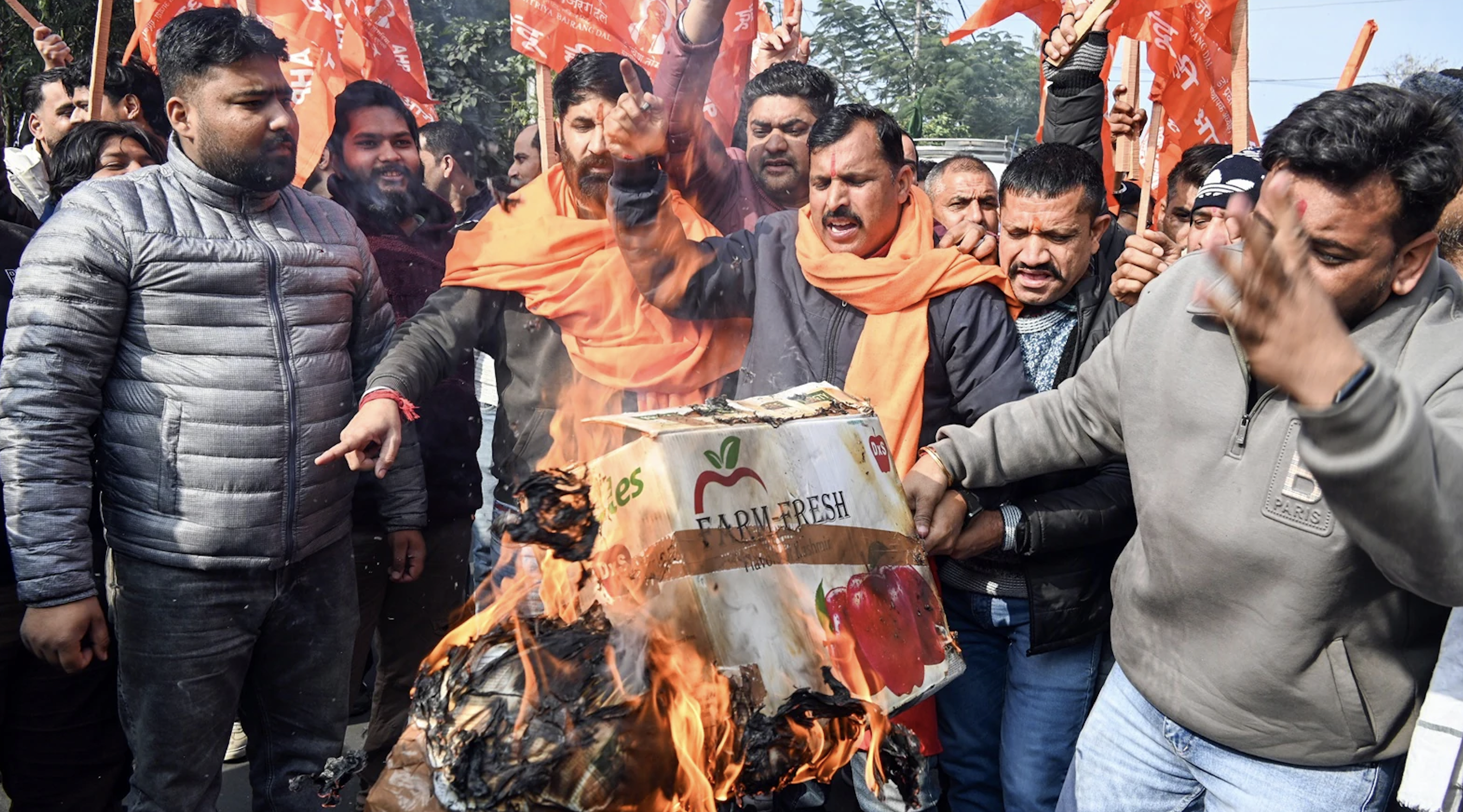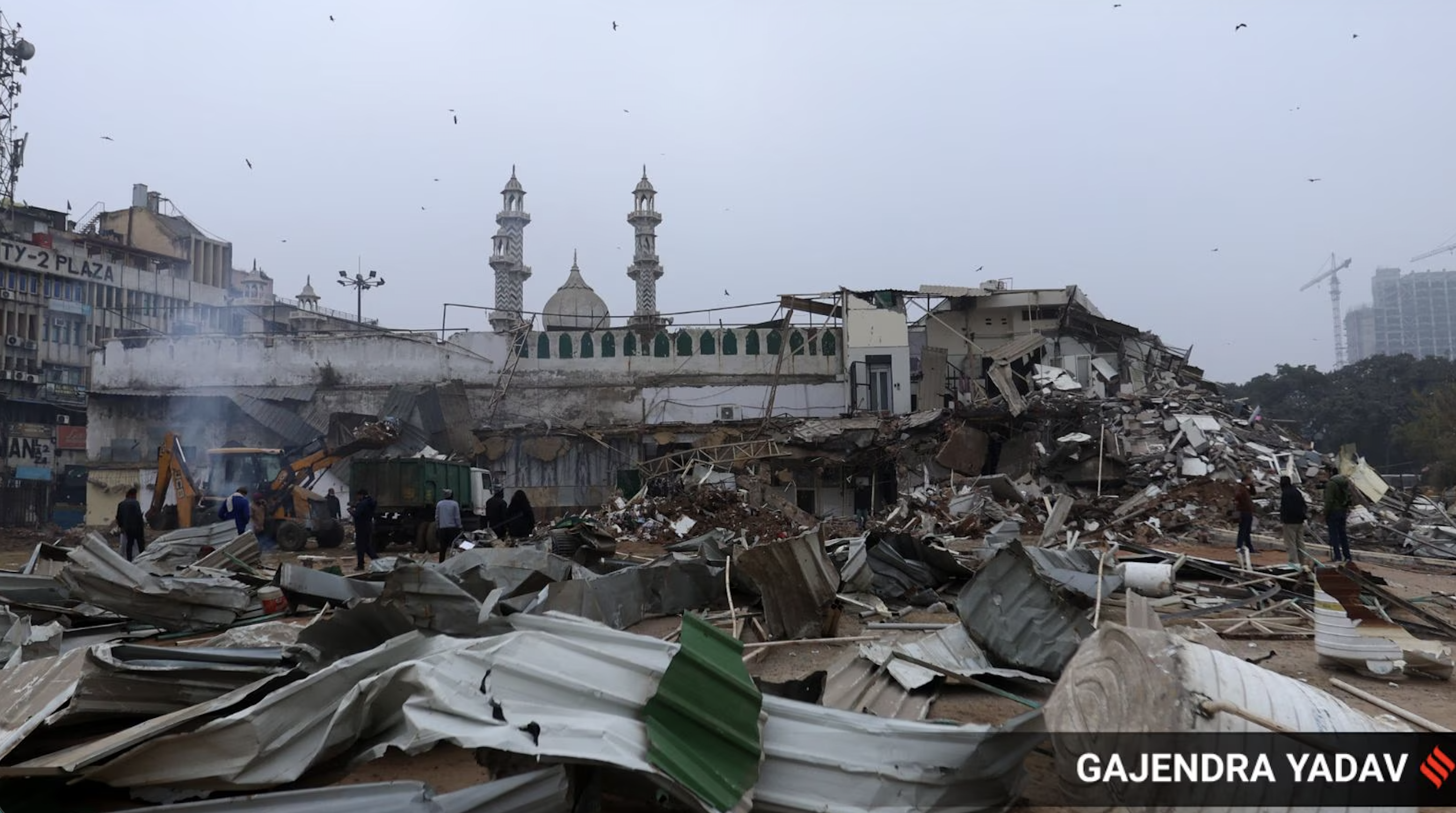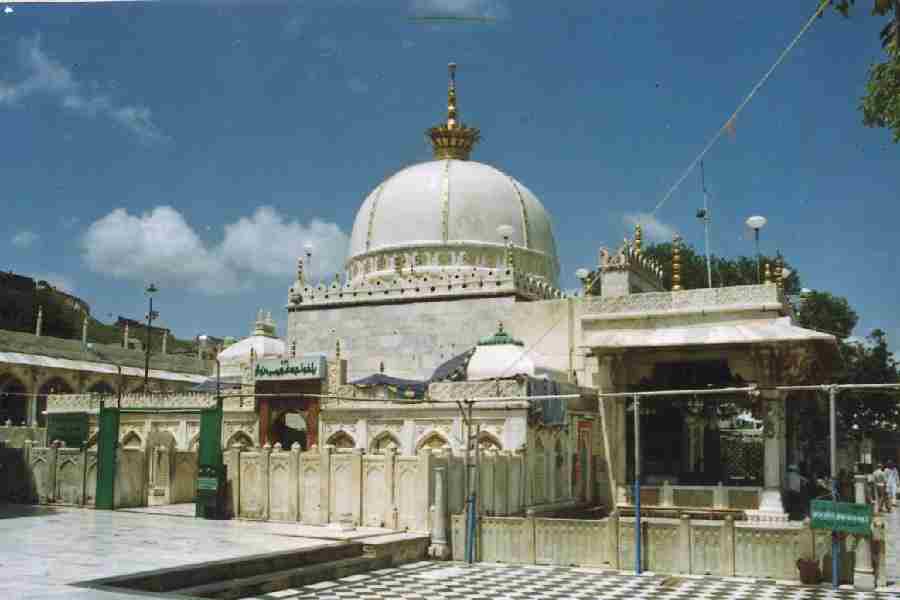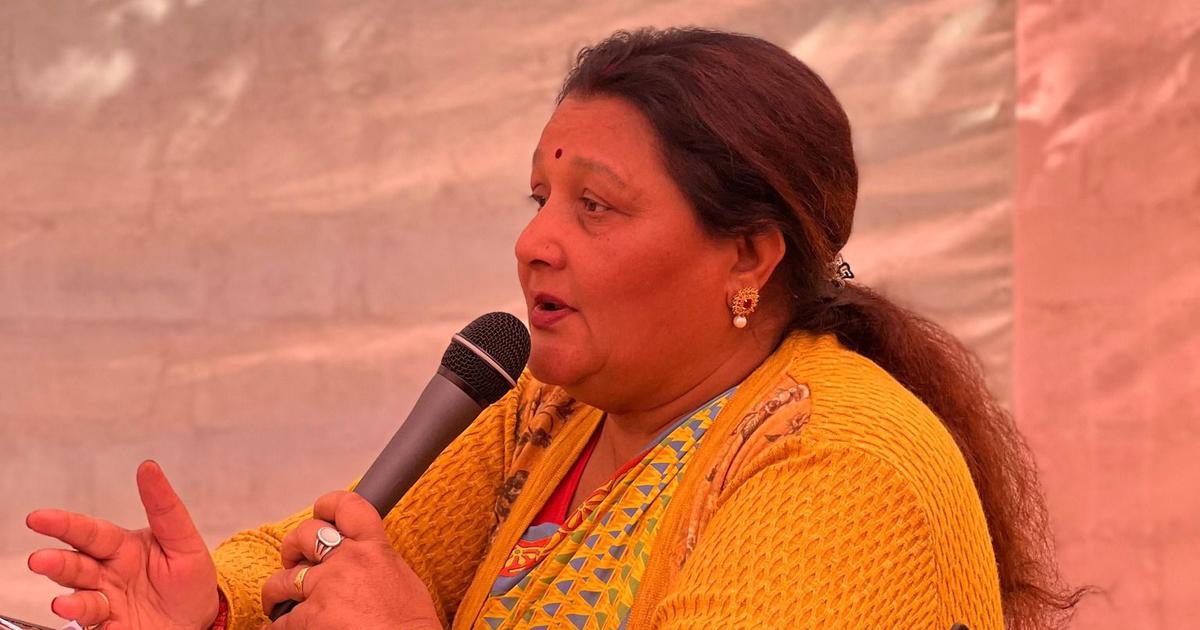
By Dr Ghulam Nabi Fai
Accused of murdering human rights lawyer Jalil Andrabi, who was chairman of the Kashmir Commission of Jurists, exactly 25 years ago, it became a big news when a former Indian major, Avtar Singh, was found dead after he killed his wife and two children, and finally himself, in Selma, California. The event took place on June 9, 2012.
Avtar Singh, a fugitive from justice, who lived in the hot dry central California community, a suburb of Fresno, appears to have been haunted by his past, a past that had seen the blood spilled of more than one man by his own hands. He is said to have killed four others to hide the murder of Andrabi, and then he had killed his own family.
In the killing of Jalil Andrabi, there is reason to wonder: Did Avtar Singh act on his own volition? He was only a major. His act was, apparently, a response to orders from above and occurred in a longstanding climate of impunity that the Indian army enjoys in Kashmir.
The Armed Forces Special Powers Act (AFSPA), which gives Indian soldier impunity in Kashmir under any circumstance, enabling a climate of fear which has continued for decades. Indeed, Andrabi had become a hated, despised man by the Army, a man dangerous to the status quo of continued murder and torture that had been taking place in Kashmir’s jails, interrogation centres and detention facilities for many years.
Arshad Andrabi, Jalil Andrabi’s brother, has said that the real killers are still at large. The real killers are not just army officers but all those from the highest office in India who are said to have arranged Avtar Singh’s escape from Kashmir to Canada before he moved illegally to the United States, or looked the other way and refused to extradite him when California authorities notified India that they had their man.
Andrabi had been a friend of mine. His trip to Geneva in August 1995 shortly before his murder to attend the 47th session of the United Nations Sub-Commission on Human Rights was at my invitation, as were other international engagements he had attended in Geneva, Washington DC and elsewhere.
On one such occasion, we had traveled by car together, along with my wife, to attend a national convention of Islamic Society of North America (ISNA) between September 1-4, 1995 in Columbus, Ohio, in order to talk and exchange views intimately on various issues on which we shared an interest.
It was on this trip that I gained a much deeper appreciation for Andrabi’s character. He was a man of deep compassion and vision, high intellect and deep judicial insight and had been personally responsible for bringing many human rights violations in Kashmir into the light of day. Jalil spoke at ISNA convention which was attended by more than 25,000 people.
During the United Nations Sub-Commission, Dr Nazir Gilani, President, Jammu and Kashmir Council for Human Rights (JKCHR) hosted a dinner in honor of Jalil Andrabi which was attended by many international NGOs. Dr Gilani played an important role during the Commission to declare Andrabi as a ‘UN Protected Person’. Following year Dr Gilani organized a memorial for Andrabi on April 1, 1996 in Geneva to pay respect to his friend who fell to a death under torture for cause – that we all – so dearly uphold.
During the Commission, Andrabi made multiple interventions, one on August 7, 1995, under agenda item 18, when he said, “The atrocities, which are perpetrated upon my people are not aberrations but rather integral components of a systematic policy. These atrocities are being perpetrated as a weapon of war in order to break the will of the people.”
As a advocate, Andrabi knew facts firsthand. He had been documenting the human rights violations by taking information from victims’ families and witnesses. In personal conversations he had told me how very difficult it was for lawyers to meet with the detainees and how much they are under pressure, and he had also told me that because of his political views the Indian Army had often harassed him.
He knew that his life was on the line, in fact, and had spent a month in New Delhi just prior to his murder, hoping to escape India’s wrath. He had only returned to Kashmir to celebrate Eid with his family and friends.
“Andrabi knew facts firsthand. He had been documenting the human rights violations by taking information from victims’ families and witnesses”
In Washington, the spokesperson of the State Department, Nicholas Burns, issued a statement on March 29, 1996 condemning the killing of Jalil Andrabi and called upon the Government of India to conduct a full and transparent investigation into the circumstances surrounding Andrabi’s abduction and murder.
Unfortunately despite this condemnation at a global level, the then Government of India not only did not punish the perpetrator, not did it move to arrest the main culprit. When the Jammu & Kashmir High Court found Major Avtar Singh to be the person who killed Andrabi, the High Court ordered his arrest in 1997.
The foundation of America’s greatness was established long ago in the Bill of Rights and its underlying recognition of human rights. Whenever America applied these principles, it set the bar for the highest moral standing in the global community. But unfortunately today America seems to worry more about a corporate agenda of business deals and trade than it does human rights.






